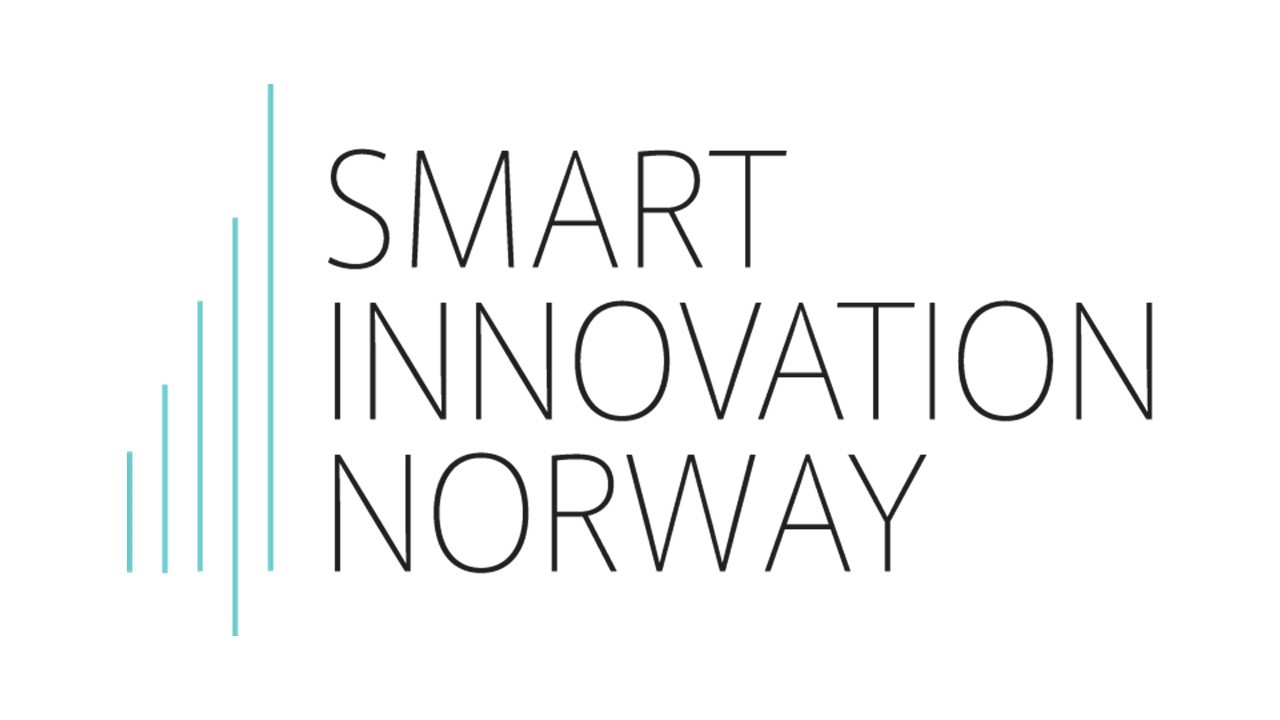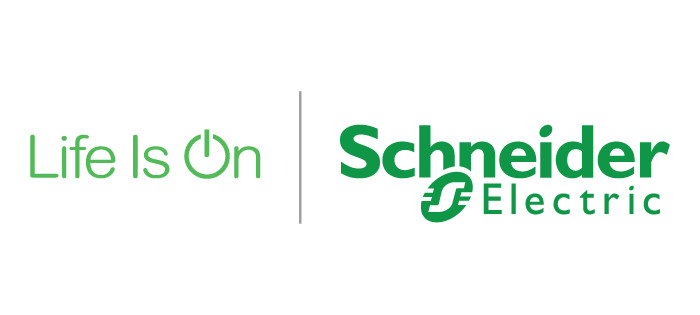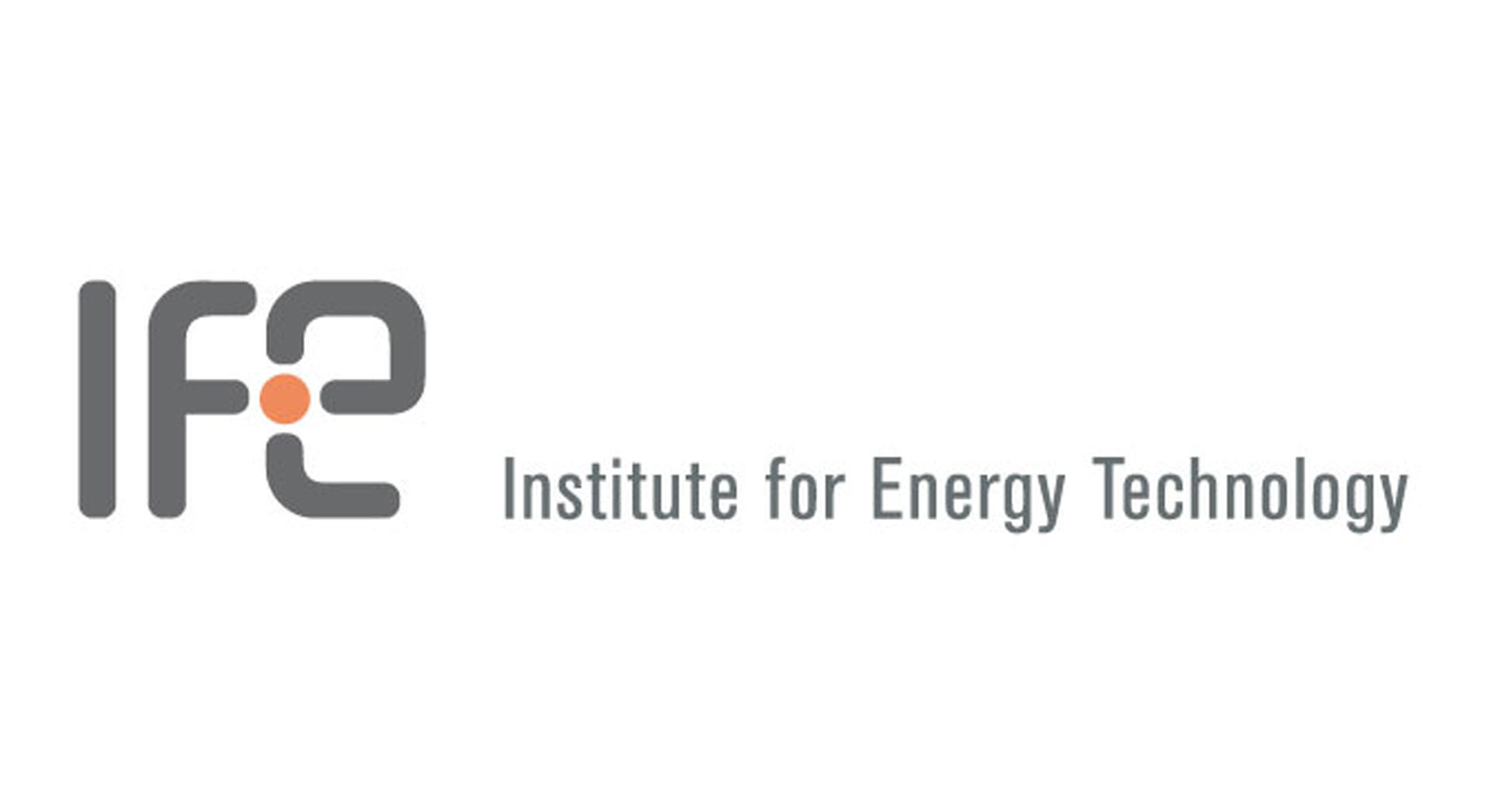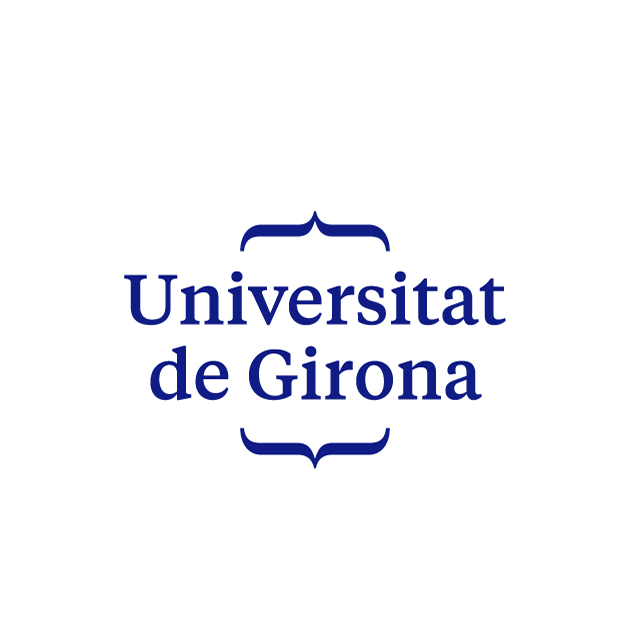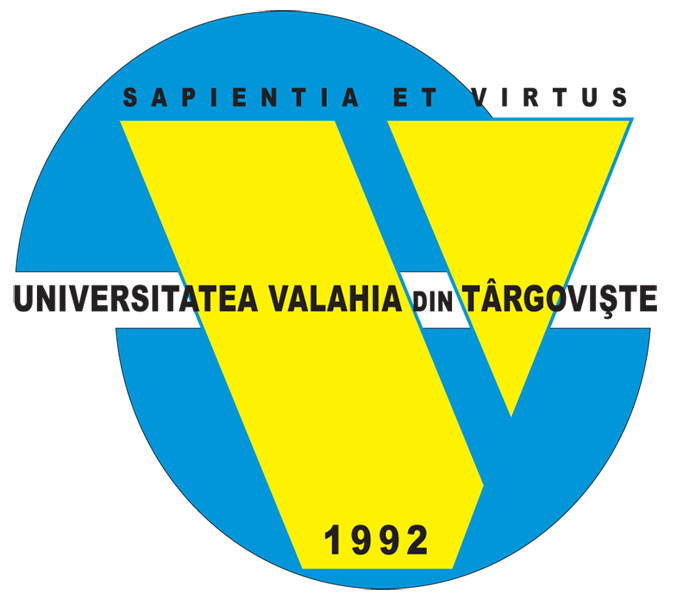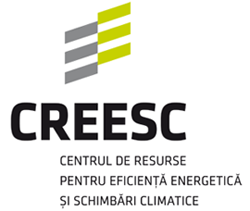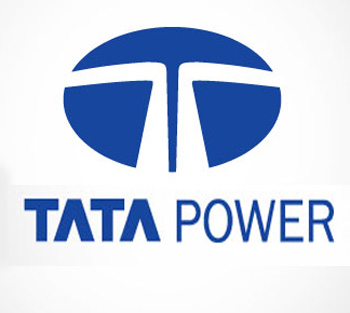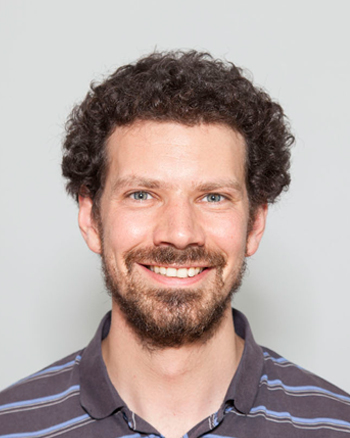
26.–27.-03. | DBI Expert Forum Hydrogen and Fuel Cells
26. March 2019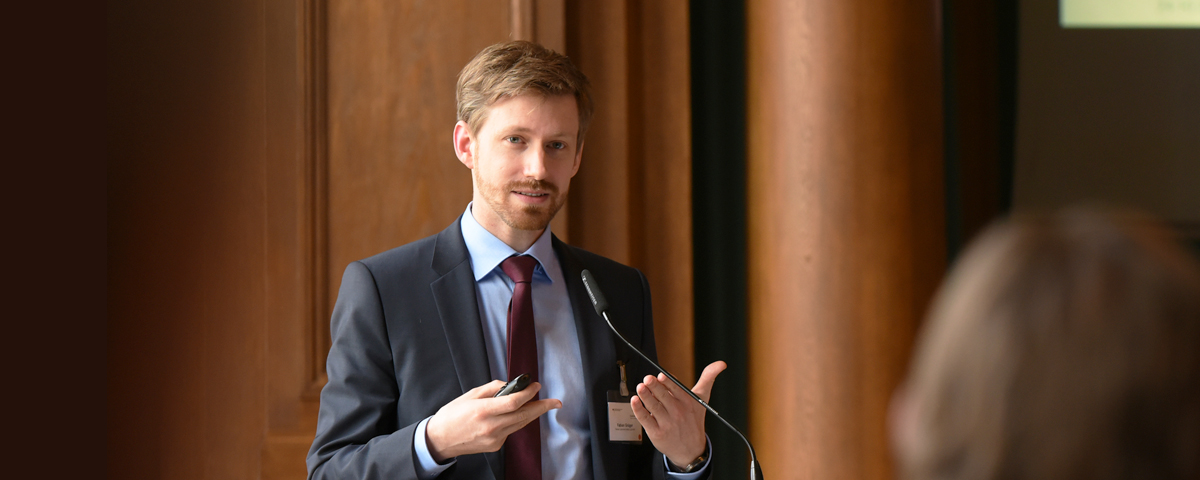
Hydrogen Days 2019
27. March 2019E-LAND
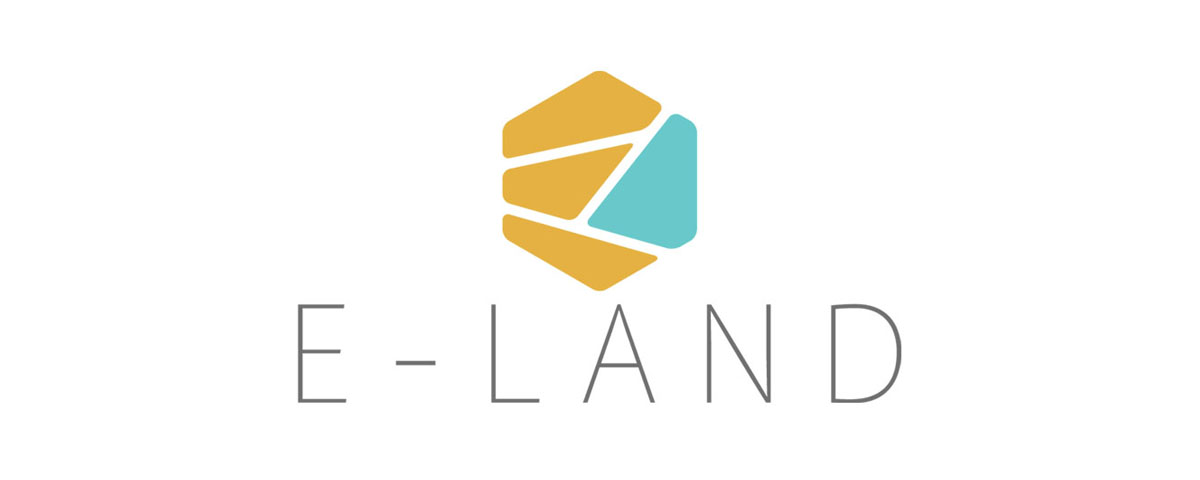
In the E-LAND project, RLI is working together with 13 project partners to develop a toolbox for the low-carbon and climate-resistant transition of energy systems, which considers technical, social, and economic aspects equally. In particular, it deals with the energy supply of so-called Energy isLANDs: These are electrotechnical island systems that can supply themselves as self-sufficiently as possible.
There are currently some tools, such as the Open Energy Modelling Framework oemof, co-developed by RLI, which can be used to make energy systems more sustainable in terms of energy system transition. These will be extended in E-LAND to ensure that the interests of citizens are also taken into account. In this way, the acceptance of changes in the energy system transition can be increased.
The toolbox will be tested in three European exemplary cases, namely a port in Fredrikstad, Norway (Borg Havn), the Universitatea Valahia Targoviste campus in Romania and the Walqa Technology Park in Spain, as well as in two Indian regions.
With the help of stakeholder analyses, the requirements of local users and the population for the energy systems are evaluated in the test sites. The results are then taken into account in the development of the tools.
The E-LAND project is funded within the framework of the EU research and innovation program Horizon 2020. Please find further information on E-LAND on the external project website.
Project duration: December 2018 – May 2022
There are currently some tools, such as the Open Energy Modelling Framework oemof, co-developed by RLI, which can be used to make energy systems more sustainable in terms of energy system transition. These will be extended in E-LAND to ensure that the interests of citizens are also taken into account. In this way, the acceptance of changes in the energy system transition can be increased.
The toolbox will be tested in three European exemplary cases, namely a port in Fredrikstad, Norway (Borg Havn), the Universitatea Valahia Targoviste campus in Romania and the Walqa Technology Park in Spain, as well as in two Indian regions.
With the help of stakeholder analyses, the requirements of local users and the population for the energy systems are evaluated in the test sites. The results are then taken into account in the development of the tools.
The E-LAND project is funded within the framework of the EU research and innovation program Horizon 2020. Please find further information on E-LAND on the external project website.
Project duration: December 2018 – May 2022
© Logo: Courtesy of Smart Innovation Norway
RLI assumes the following tasks within this research project:
- Development and validation of a multi-vector simulation, i.e. a simultaneous simulation of electricity, heat, and gas supply, with a special focus on Energy isLANDs
- Application of multi-vector simulation to all pilot regions
- Optimization of operating strategies in Energy isLANDs
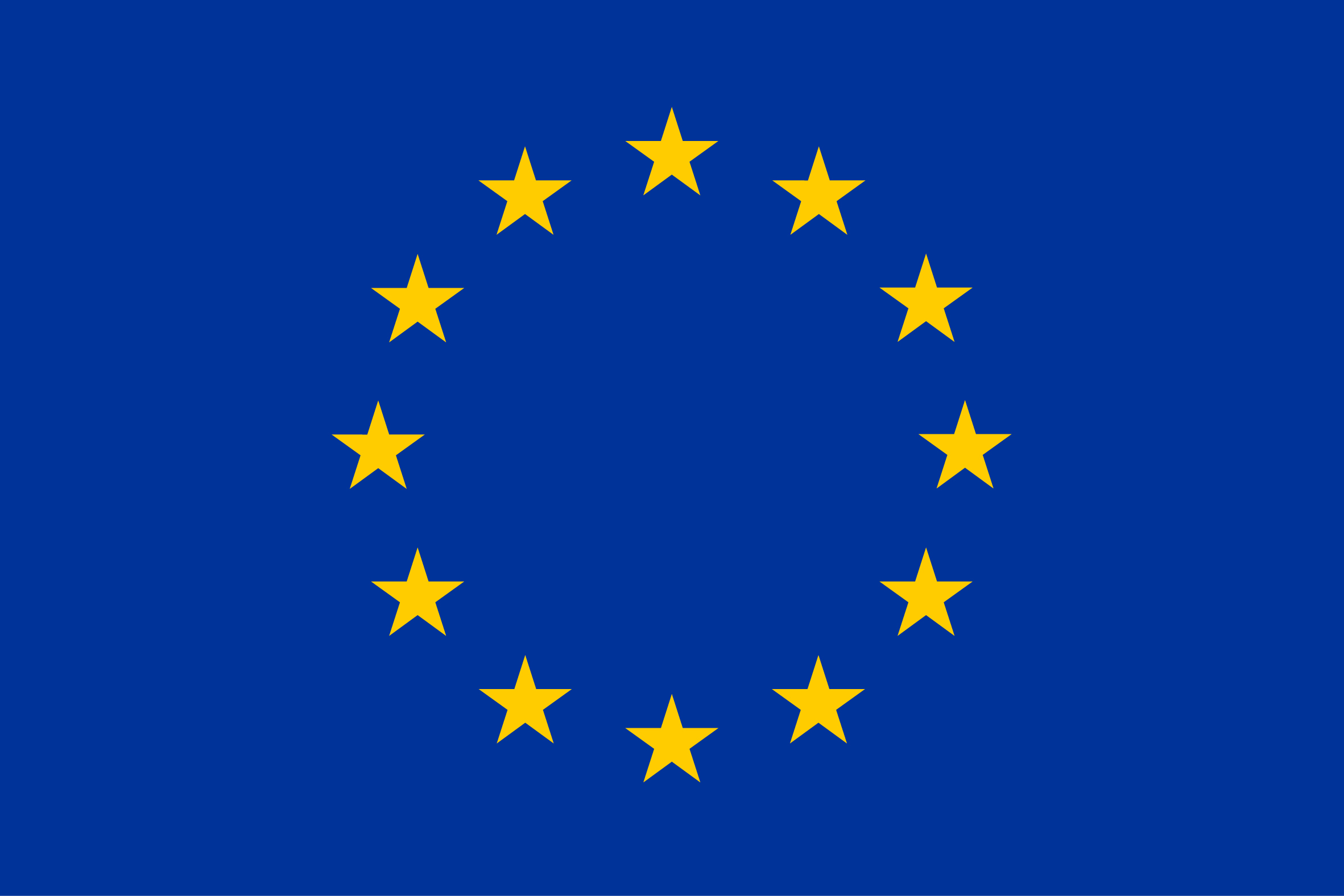
This project has received funding from the European Union’s Horizon 2020 research and innovation programme under grant agreement No 824388.
Disclaimer: The sole responsibility for the content of this material lies with the authors. It does not necessarily represent the views of the European Union, and neither EASME nor the European Commission are responsible for any use of this material.
Research at RLI is supported by the Reiner Lemoine Foundation.





